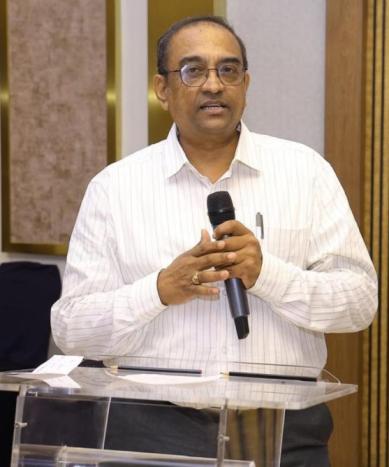Case Law Details
Case Name : RHC Global Exports Private Limited Vs Union of India (Gujarat High Court)
Related Assessment Year :
Courts :
All High Courts Gujarat High Court
Become a Premium member to Download.
If you are already a Premium member, Login here to access.
Sponsored
RHC Global Exports Private Limited Vs Union of India (Gujarat High Court)
A Special Economic Zone (or SEZ) is a specially marked territory or enclave within the territorial boundaries of a country that has more liberal economic laws than the rest of the country. An SEZ is an enclave within that country that is typically duty-free and has different business and commercial laws chiefly to encourage investment and create employment and embolden exports earning valuable forex. Apart from generating employment opportunities and p
Please become a Premium member. If you are already a Premium member, login here to access the full content.
Sponsored
Kindly Refer to
Privacy Policy &
Complete Terms of Use and Disclaimer.





